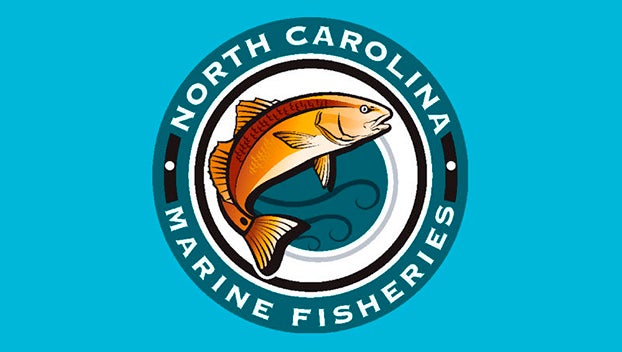Sound Rivers to sign on with Clean Water Act lawsuit
Published 7:28 am Saturday, February 22, 2020
Sound Rivers has stated its intention to join forces with conservation groups across the U.S. to fight the rollbacks the EPA announced in January.
A notice of intent to file a lawsuit against the Trump administration for eliminating certain protections established by the Clean Water Act was issued this week by the Center for Biological Diversity, Waterkeeper Alliance, Center for Food Safety, Turtle Island Restoration Network, Humboldt Baykeeper, Lake Worth Waterkeeper, Missouri Confluence Waterkeeper, Monterey Coastkeeper — A Program of the Otter Project, Rio Grande Waterkeeper, Sound Rivers (Upper Neuse, Lower Neuse and Pamlico-Tar riverkeepers), Russian Riverkeeper, Upper Missouri Waterkeeper and Snake River Waterkeeper, all represented by the Indian and Environmental Law Group.
Of particular concern to these groups is the elimination of pollution protections for approximately half of all wetlands and millions of miles streams that run intermittently.
The lawsuit will be filed under the Endangered Species Act; a 60-day notice is required under that act. In eastern North Carolina, there are several aquatic species on the federal list of endangered and threatened species, according to Heather Deck, executive director of Sound Rivers. Included among them are the Tar River spinymussel, common to North Carolina and the Tar/Neuse Rivers, the dwarf wedge mussel, the yellow lance mussel and the Carolina madtom, a small freshwater fish. The mussels in particular serve as filters, supporting clean water and as indicators of clean water.
“The U.S. Fish and Wildlife Service have noted that the upper-middle Tar River basin and creeks like Swift Creek (runs into the Tar around Tarboro) are paramount to the ultimate survival of numerous aquatic species — without protecting the Tar River basin, they expect some species will go extinct,” Deck wrote in an email.
The Trump administration has stated that the Clean Water Act is an example of federal overreach and puts a burden on farmers, rural landowners and real estate developers: “The proposal’s new, more precise definition would mean that farmers, land owners and businesses will spend less time and money determining whether they need a federal permit and more time upgrading aging infrastructure, building homes, creating jobs, and growing crops to feed our families,” Andrew Wheeler, EPA director, wrote in a press release after the repeal was announced.
Sound Rivers’ stated goal is to protect local waters, whether that’s by opposing Clean Water Act rollbacks in the court of law or speaking out against the Clean Water Rule of the Obama administration, which the environmental nonprofit’s staff believed would have reduced water protections in eastern North Carolina.
“In North Carolina, we have plenty of water quality problems in our rivers and streams,” Jill Howell, Pamlico-Tar riverkeeper, said in an interview earlier this week. “To strip protections from these smaller streams and wetlands, it impacts the water quality in our larger rivers, where people are out fishing and swimming and drinking water sources as well.”





